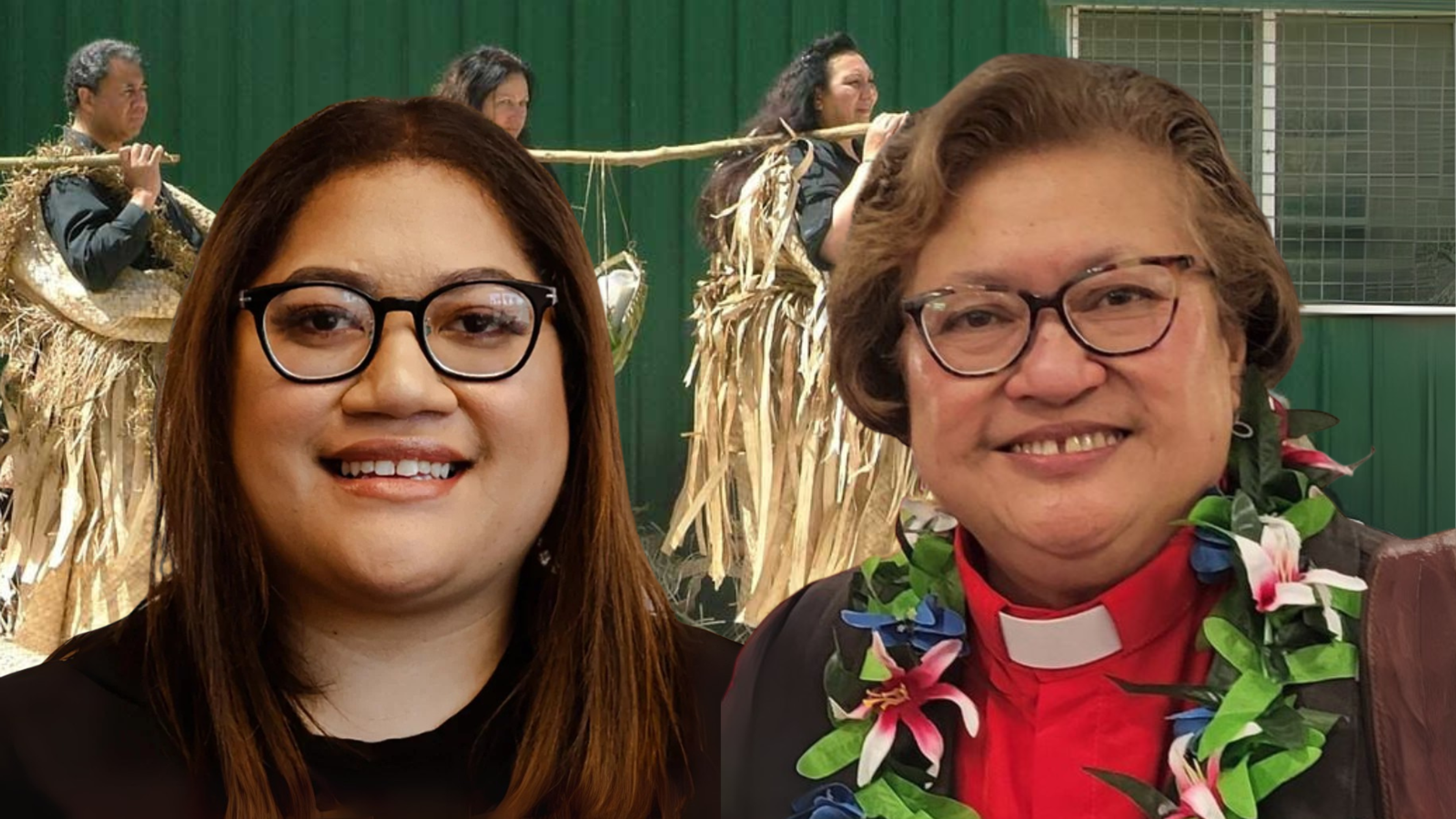

Ngatepaeru Marsters (right) has been named on this year's King's Honours List as a Member of the New Zealand Order of Merit.
Photo/Supplied
Ngatepaeru Marsters honoured for mentoring Pacific midwives
With a career spanning 25 years, the King’s Birthday Honours recipient wants to expand the workforce and ensure that it reflects the communities it serves.



Elsie Polosovai bids farewell as Miss Solomon Islands
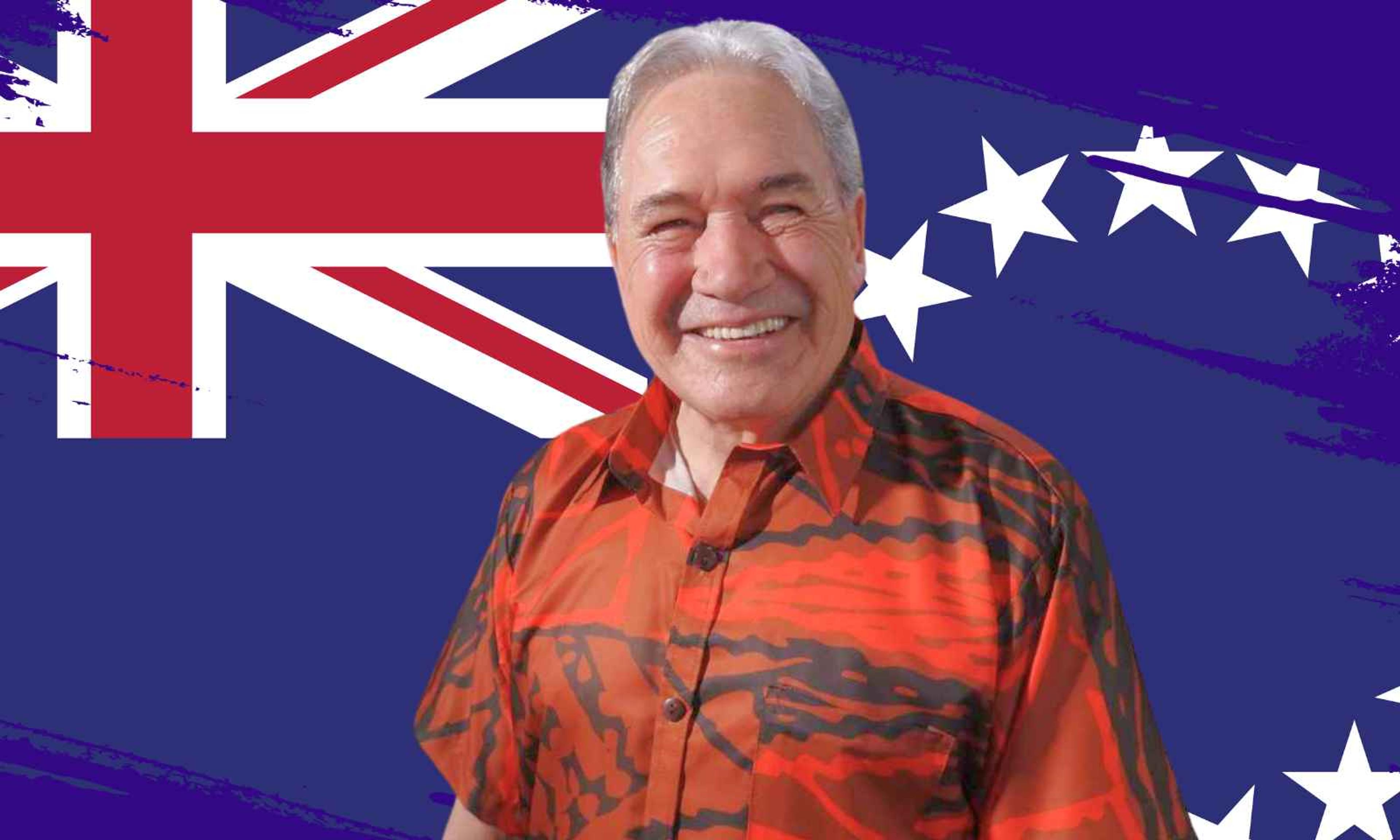
New consultation process vital to avoid rifts - Winston Peters
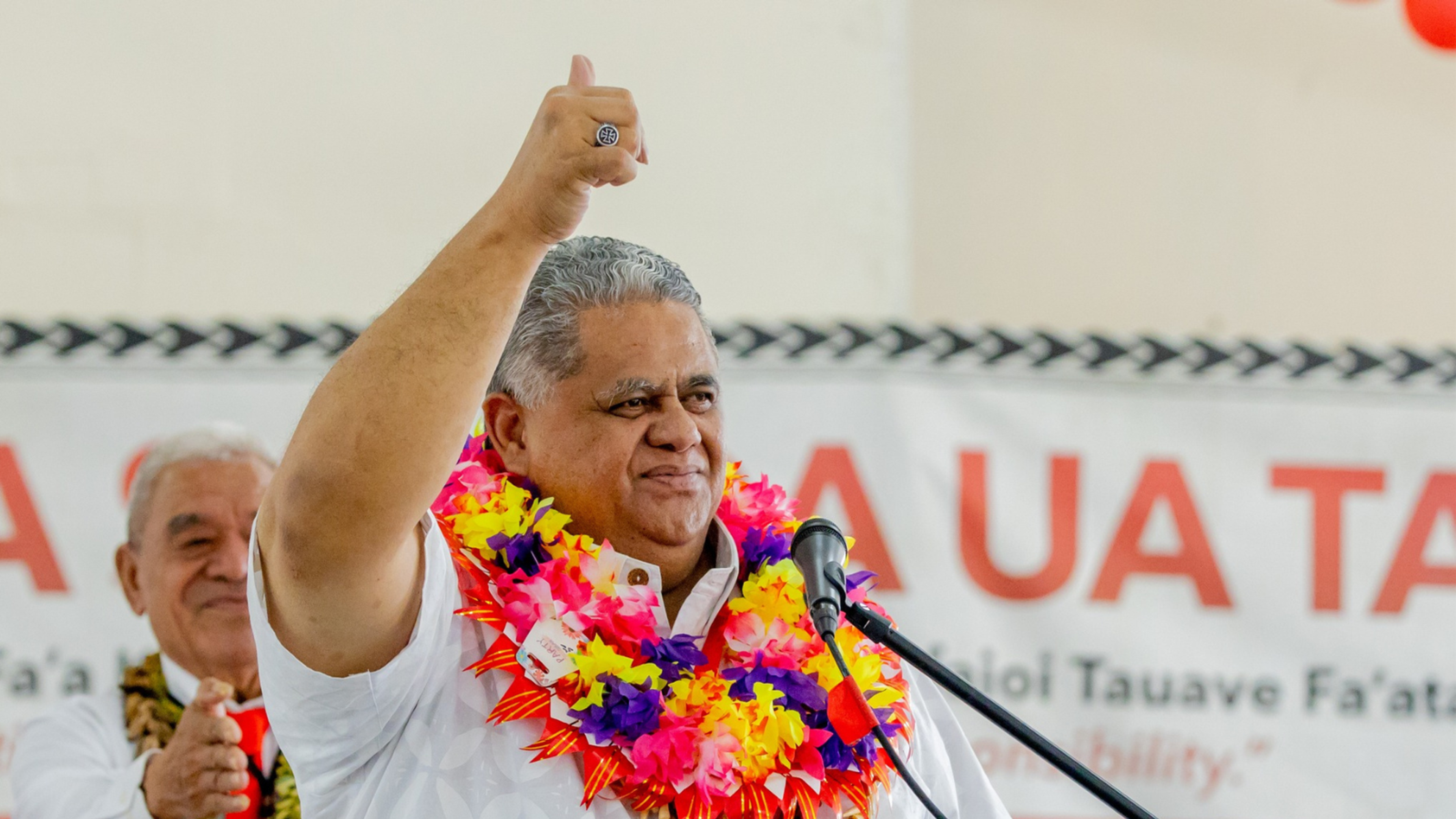
FAST party confirmed winners with crushing majority in Sāmoa’s snap general election


Embracing grief: The sacred space of Sāmoan and Tongan traditions in mourning

Elsie Polosovai bids farewell as Miss Solomon Islands

New consultation process vital to avoid rifts - Winston Peters

FAST party confirmed winners with crushing majority in Sāmoa’s snap general election
While you may have heard about calling a midwife, but who trains the midwives?
Enter Ngatepaeru Marsters, one of this year’s King’s Birthday Honours recipients, recognised as a Member of the New Zealand Order of Merit (MNZM) for her contributions to midwifery and Pacific communities.
Marsters is the National Coordinator of Tapu Ora, a support network for Pacific and Māori midwifery students.
She is also a member of the Pacific Midwifery Liaison team at Auckland University of Technology (AUT).
She is passionate about building a workforce that reflects the communities it serves, mentoring the next generation of midwives, and advocating for culturally-grounded care.
Speaking to PMN News, Marsters shared her surprise at receiving the honour.
After considering declining the honour, Marsters chose to accept it after discussing it with a close friend and contemplating its potential impact.
“She’s still the only person I’ve told. I suppose the thing that pushed me over really was that it's going to elevate the work that we do, hopefully it's a recruitment tool,” she says.
“I actually thought it was a joke. I just thought it’s something that happens to other people … I didn't open the email for probably a week or so.”
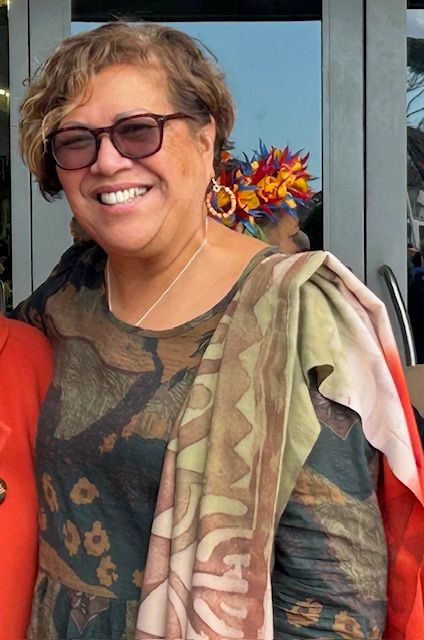
Ngatepaeru Marsters is a proud Cook Island midwife, who now shares her knowledge with the next wave of student midwives. Photo/Supplied
Industry changes
Marsters began her career 25 years ago as a midwife in South Auckland, serving as a Lead Maternity Carer.
At AUT’s South Campus, there are now 65 Pacific students enrolled in the four-year midwifery programme.
She says Pacific cultural values influence the structure of the programme.
“We were only a small group then across Tāmaki,” she says. “I think we might have been maybe 12 of us, and now we're graduating that in a year.
Watch Ngatepaeru Marsters and Teresa Krishnan talk about Tapu Ora below.
“It's all relational, isn't it? They shape us as well,” she says of the students. “There's a whole lot of sharing and they bring their own cultural values and nuances.
“I think we've got a broader understanding of how you interpret assessments, where it's not this dogmatic approach because a lot of it is all set up in the Western model. We already know that when you've got an introduction of indigenous ways of knowing, that enhances everybody's understanding.”
As well as mentoring students and coordinating Pacific programmes, Marsters plays a role at Nga Hau Māngere Birthing Centre, where she continues to challenge mainstream medical assumptions.
“Not everyone who's hapū has diabetes. Not everyone has got a high BMI. And even if you have got a high BMI, that’s more than who you are, and you can still have a normal outcome.”
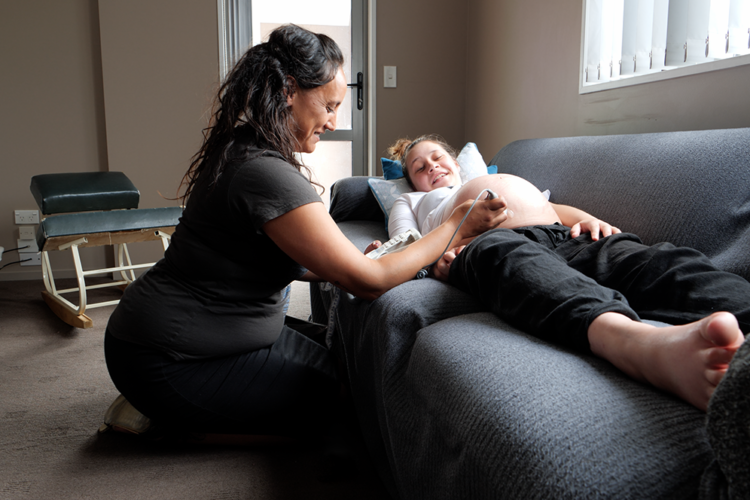
There are calls for more Pacific and Māori midwives. Photo/InternationalMidwives.org
Growing diversity in healthcare
Recent data from Stats NZ figures, on the past 12 months to March 2025, show that Pacific women have the highest fertility rate in Aotearoa, with immigration contributing to the Pacific population, which stands at 8.9 per cent.
The Midwifery Workforce Survey in 2023 lists 56 midwives of Pacific ethnicity nationwide, an increase from 33 in 2017.
Marsters says there’s a growing desire among families to receive care from someone who shares their culture, which marks a major shift from two decades ago. She believes that recognising and growing the Pacific midwifery workforce is vital for improving outcomes.
“When I first started working as a midwife … they might have sought out someone who was a Pākehā. Now you’ve got families seeking out someone of their ethnicity.
“Having a workforce that reflects the community is such a big way of actually turning the tide on that deficit,” she says. “Families, whānau want to engage with someone who looks like them, understands them, understands their community.”